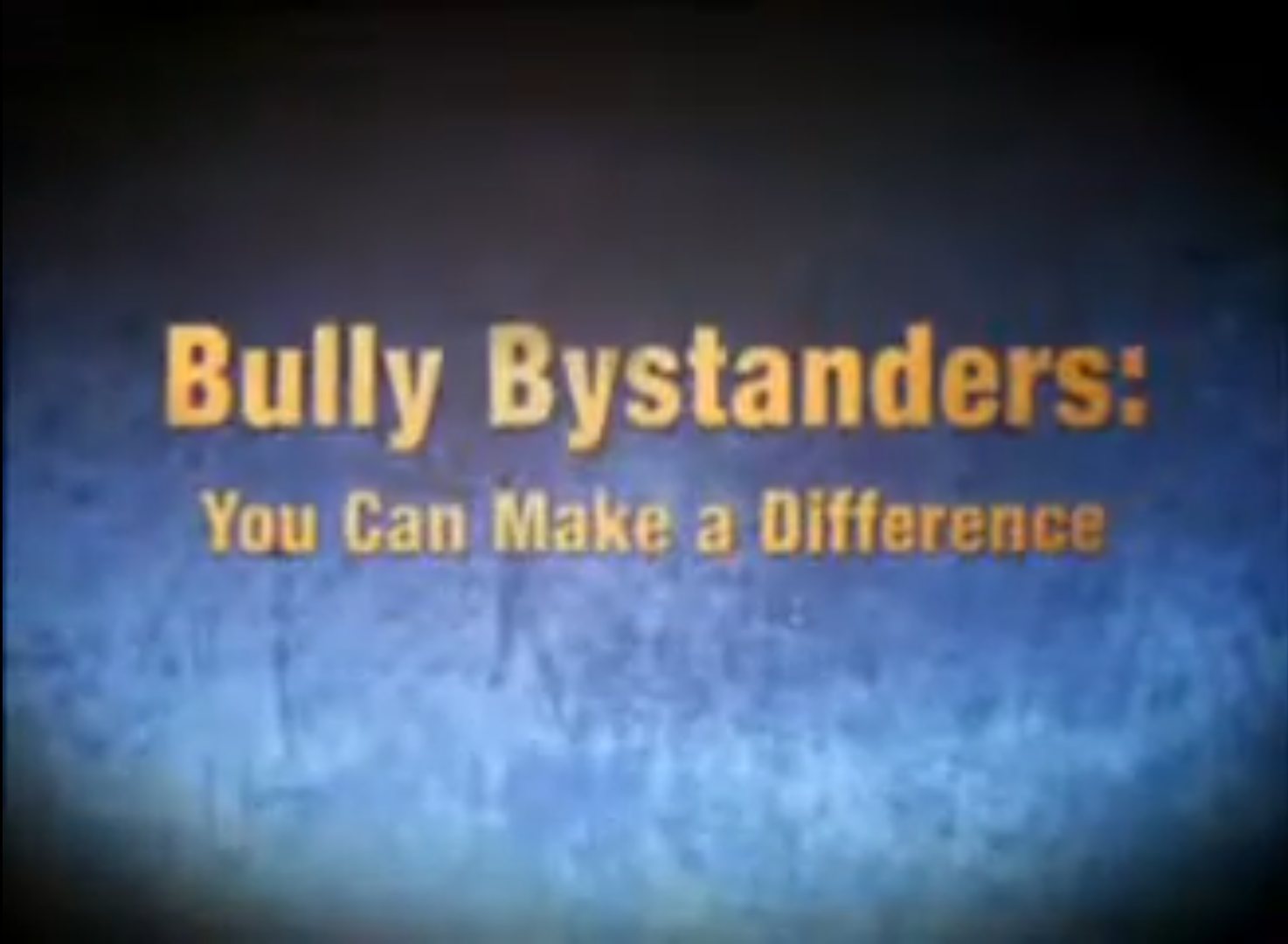
Watch the Video Below
Playlist
The Different Roles of Bystanders
in Bullying Situations
Assistants
Actively join in and assist the bully in their actions.
Reinforcers
Do not directly attack the victim but encourage the bullying by giving it an audience, laughing, or making other supportive gestures.
Outsiders
Stay on the sidelines, neither supporting the bully nor defending the victim, but their silence can signal approval of the bullying.
Defenders
Take a stand against bullying by comforting the victim, taking their side, or trying to stop the bullying directly.
Why Do Bystanders Intervene
or Stay Silent?
Fear of Retaliation
Concern about becoming the next target of bullying.
Fear of Losing Social Status
Worry about their own popularity or friendships being impacted.
Lack of Personal Connection
Not being friends with the target of bullying.
Uncertainty
Lack of clarity about the individuals involved or the situation, or uncertainty about what’s right or wrong.
Perceived Ineffectiveness of Adults
Believing that teachers or staff won’t address the bullying effectively or might even worsen the situation.
Lack of Knowledge
Not knowing how to intervene or what actions to take.
Why Bystanders Choose to Intervene:
Personal Connection
They are friends with the target of bullying.
Moral Engagement
They believe in treating others with respect and that “bullying is wrong.”
Empathy and Sympathy
Feeling compassion for the victim’s situation.
Perception of Innocence
Viewing the victim as innocent and undeserving of the treatment.
Trust in Adults
Believing that teachers or staff will appropriately address the bullying.
The Power of Bystanders to Stop Bullying



